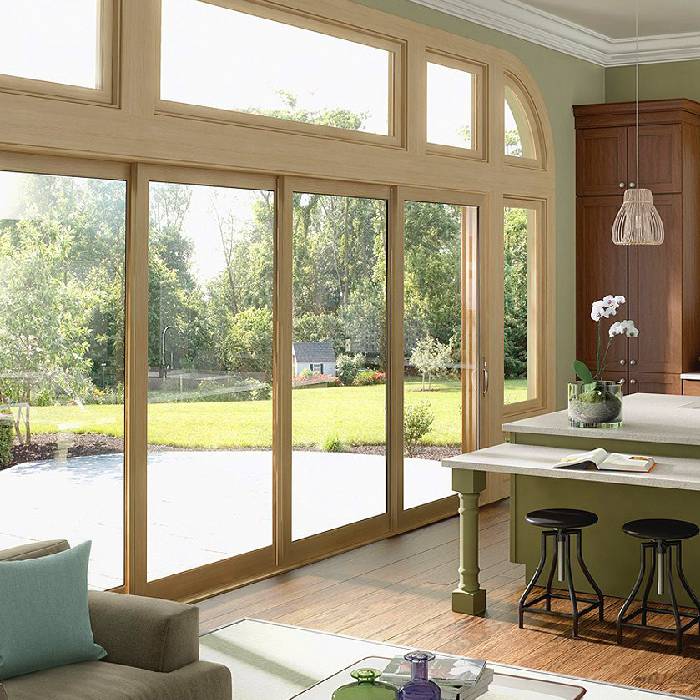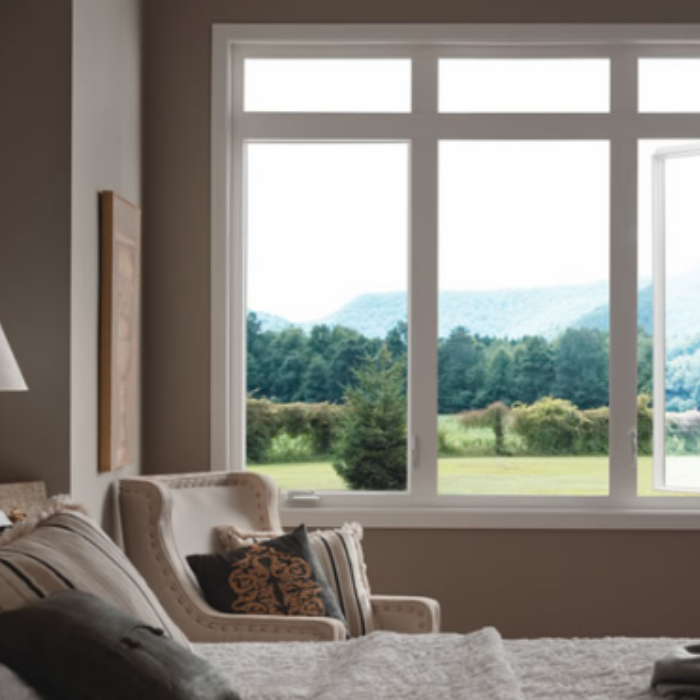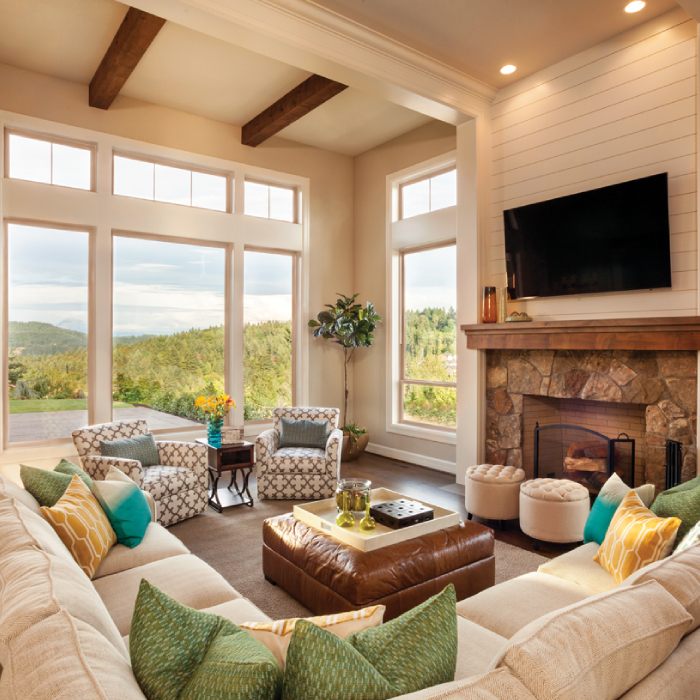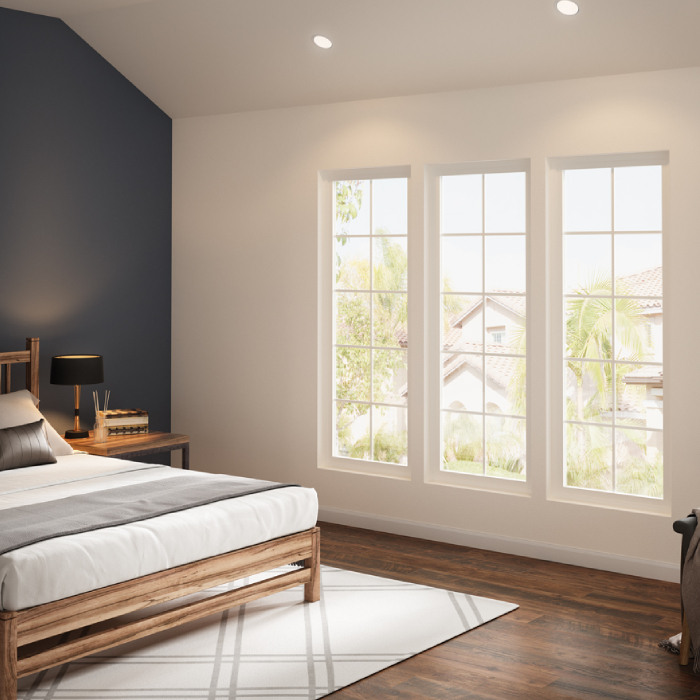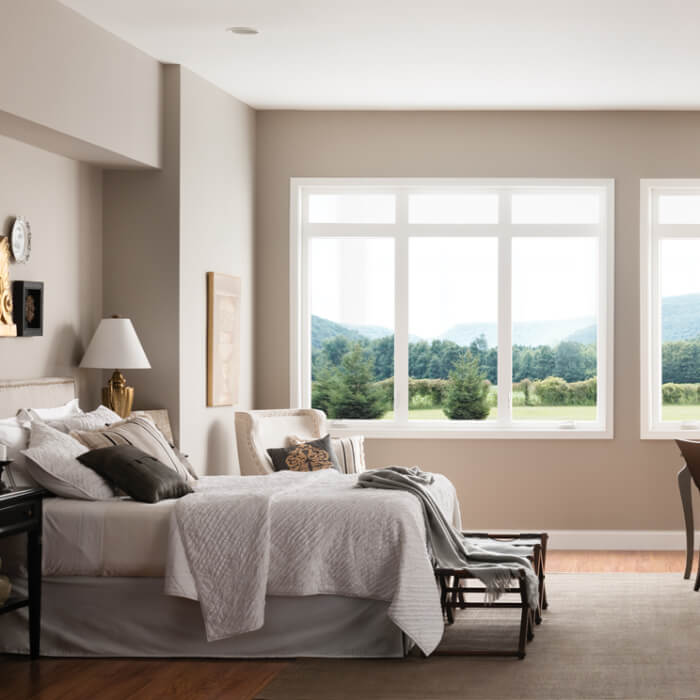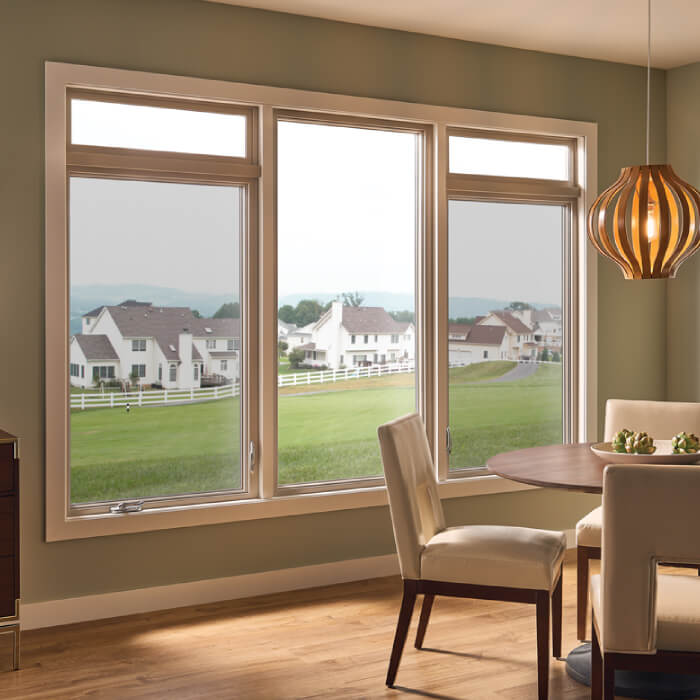For many homeowners, vinyl windows offer an affordable alternative to more expensive window options. When purchasing new windows for your home, it is important to ensure that the windows are warranted by the manufacturer for a length of time that will justify their price. Having a home with windows that carry a significant life expectancy will both increase the value of your home and prevent future replacements that can cost you substantial amounts of money. This article will help homeowners understand how long do windows last plus what they can expect from new and existing vinyl windows.
How Long Do Vinyl Windows Last – Vinyl Windows Average Life Expectancy
Most vinyl windows last between 20 and 40 years on average. Windows installed in an area exposed to the bright sun for most of the day will not last as long. Heat can also play a role in window deterioration, so hot climates might require more frequent window replacement. Areas with moist air, especially without much sunlight, can subject windows to gradual water damage and harmful microorganisms. On the other hand, windows installed in areas where these conditions are not present can last much longer than average. Further, homeowners that are careful to keep their windows well-maintained can anticipate a greater life expectancy from their investment.
RELATED: Four Crystal Clear Advantages of Vinyl Windows
Common Warranty Length
An important consideration when deciding between available window options is the length of time that the manufacturer warrants their windows for. Even if the homeowner does not plan on using the warranty, the amount of time given by the manufacturer for window warranties can be very indicative of a window’s life expectancy. Most vinyl windows carry a manufacturer’s warranty that exceeds 15 years, with some offering warranties for as long as 25 years. However, these warranties usually carry terms that expect a reasonable standard of care from the homeowner in order to redeem the warranty. Windows that are not well-maintained, subject to harsh climates, or broken due to intentional damage usually are not covered under manufacturer’s warranties.
RELATED: With a Lifetime Warranty, Love Really Is Forever
Increasing Life Expectancy
Thankfully, homeowners can expect to increase the life expectancy of their windows by simple routine maintenance. Homeowners with windows in harsh conditions should coat their windows with protective sealants to prevent depreciation. Windows exposed to harsh UV rays should be shaded to prevent cracking. Semi-annual cleaning and following the cleaning directions recommended by the manufacturer are usually sufficient to keep vinyl windows lasting well into the future.
Vinyl vs Wooden Windows
The easy answer is that wooden windows aren’t necessarily better than vinyl because it really depends on what you’re looking for.
For example, if life expectancy is important to you, you’re going to prefer the longer-lasting vinyl windows. While we’ve established that vinyl windows can last between two and three decades, wooden windows have a lifespan of about 15 to 20 years.
But many people choose wooden windows for the aesthetic appeal. If that’s the look you’re after, nothing else will do.
RELATED: How to Care for Wood Windows and Doors
Vinyl vs Metal Windows / Aluminum Windows
Aluminum is the most popular type of metal window, and its lifespan is almost up there with vinyl. Aluminum windows have an average lifespan of about 20 to 25 years.
The problem with aluminum is that it’s prone to damage. If you’re in an area that’s prone to intense weather like hurricanes or hailstorms, your aluminum windows may have to be replaced more often than the average.
Another problem that plagues aluminum and not vinyl is rust. Aluminum windows won’t rot like wood, but they are prone to rusting over time.
Fiberglass vs Vinyl Windows
Fiberglass is another long-lasting option for windows, but there are definitely some pros and cons. Fiberglass windows can last up to 50 years, which is amazing. But as you’d expect, they are a much greater upfront investment than vinyl windows.
Fiberglass windows also aren’t as readily available as vinyl, and they can be more of a challenge to install. This also equates to higher installation costs.
In the end, fiberglass windows are a great choice if you have the budget. But most people end up with the next best in terms of longevity, which is vinyl.
| Lifespan | Pros | Cons | |
| Vinyl Windows | 20 to 40 years | Energy efficientLow maintenance
Easy installation Great warranties |
Not a natural productSome people prefer a different look
Great quality variations among brands |
| Wooden Windows | 15 to 20 years | Great, classic style
Natural materials |
Relatively short lifespanVulnerable to termites and other insects
Prone to rotting |
| Aluminum (metal) Windows | 20 to 25 years | Lightweight
Economical Strong |
Prone to dents and dings
Prone to rusting |
| Fiberglass Windows | Up to 50 years | Better insulatingGreat noise control
Increases home value more than other window types Longest lifespan |
ExpensiveRelatively rare
Difficult/expensive to install |
Vinyl windows have a relatively long lifespan and check most of the boxes people are looking for in a window. They are extremely affordable compared to fiberglass and can last up to four decades.
Please note that this post is for informational purposes only and averages may vary.
Call Newman Replacement Windows and Doors today at 1.858.240.1375 for more information about our window options or to schedule a free in-home estimate.
























